Which is better metered or unmetered water?
Which is Better: Metered or Unmetered Water?
Water is a vital resource that we all depend on for our day-to-day activities. Whether it's for drinking, cooking, cleaning, or irrigation purposes, access to clean water is crucial. However, when it comes to water usage, a debate arises: which is better, metered or unmetered water? In this article, we will delve into the topic and discuss the advantages and disadvantages of both metered and unmetered water systems.
Metered Water: Tracking and Efficiency.
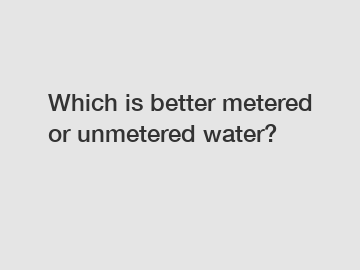
One of the primary benefits of metered water is its ability to track and measure usage accurately. With a metered system, households are billed based on the actual amount of water they consume. This incentivizes individuals to be more conscious of their water usage, leading to reduced water wastage.
1. Accurate Billing: With metered water, consumers pay for what they use, ensuring a fair and equitable system of billing. This encourages responsible water consumption and acts as an incentive for individuals to conserve water.
2. Deterrence of Water Wastage: Knowing that their usage is being measured, people are more inclined to avoid unnecessary wastage. This behavior shift can have a significant positive impact on the environment, as it reduces strain on freshwater supplies and lowers energy consumption for water treatment and transportation.
3. Leak Detection: Metered water systems can help identify leaks in the water distribution network. Consumers can also track their water usage patterns to identify any unexpected increases, indicating possible leaks within their premises. This proactive approach can assist in preventing water loss and costly repairs.
However, there are some drawbacks to metered water systems that must be considered:
1. Costly Infrastructure: Implementing a metered water system requires substantial investment in infrastructure, including meters, installation, and maintenance. This initial cost could pose financial challenges for some communities or households.
Additional resources:Revolutionizing Supply Chain: Future Roles of Brokers?"How can brokers, distributors, and dealers adapt to the changing landscape of supply chain management to stay relevant in the industry?
Mastering the Alphanumeric LCD Display: Essential Tips
RF Cable Assembly: The Backbone of Seamless Communication
USB-C Cables: Empowering Connectivity and Efficiency
Choosing the Right Wire Wound Resistor for Your Electronic Projects
The Versatile Eye Bolt: A Practical Solution for Various Applications
Unleashing the Power of TFT Display Modules
2. Disproportionate Impact: Metered systems may disproportionately affect low-income households, as they may struggle to afford higher bills based on their actual water usage. This can potentially create an inequitable distribution of water resources.
Unmetered Water: Simplicity and Affordability.
Unmetered water systems operate on a flat rate billing system, where households pay a fixed price for water consumption, irrespective of the actual amount used. While seemingly straightforward, this approach has both advantages and disadvantages:
1. Predictable Costs: Unmetered water systems offer predictable costs for consumers, making budgeting easier. This can be particularly beneficial for households on fixed incomes or those living in areas with fluctuating water prices.
2. Affordability: In some cases, unmetered water systems can be more affordable for individuals or families with low water consumption. This helps ensure that everyone has access to a basic necessity without burdening them financially.
However, there are certain downsides to unmetered water systems as well:
1. Lack of Incentive for Conservation: Without accurate measurements and billing based on water usage, households may not feel motivated to conserve water. This can lead to wasteful practices and increased strain on water resources.
2. Inequality in Distribution: Flat rate billing systems may disproportionately benefit households with higher water usage, allowing them to pay less than they would in a metered system. This could result in an unfair distribution of costs among water consumers.
In conclusion, the choice between metered and unmetered water systems ultimately depends on various factors such as infrastructure availability, affordability, and individual preferences. While metered systems promote water conservation and accurate billing, they may carry a higher upfront cost. Unmetered systems offer simplicity and predictable costs but can discourage water conservation efforts. Striking a balance between equitable water distribution, conservation, and affordability is crucial for ensuring sustainable water management. Regardless of the chosen system, raising awareness about the importance of responsible water usage and investing in infrastructure improvements are vital steps towards a more sustainable water future.
If you want to learn more, please visit our website HTN Electric Vehicle LCD Custom, Fuel Dispenser Liquid Crystal Module, Fuel Dispenser Liquid Crystal Module.
Additional resources:What is the Difference Between SWA and Armoured Cable?
Understanding the Difference Between SWA and Armoured Cable
SWA Cable VS Armoured Cable
What Are the Advantages of Using an SMPS Transformer?
Understanding Different Electric Blanket Switch Options
Factors to Consider when Choosing a Dry Type Power Transformer
Factors to Consider When Choosing Power Resistors
267
0
0
Related Articles
-
349
0
0
-
352
0
0
-
307
0
0
-
299
0
0
-
349
0
0
-
307
0
0
-
295
0
0
-
336
0
0



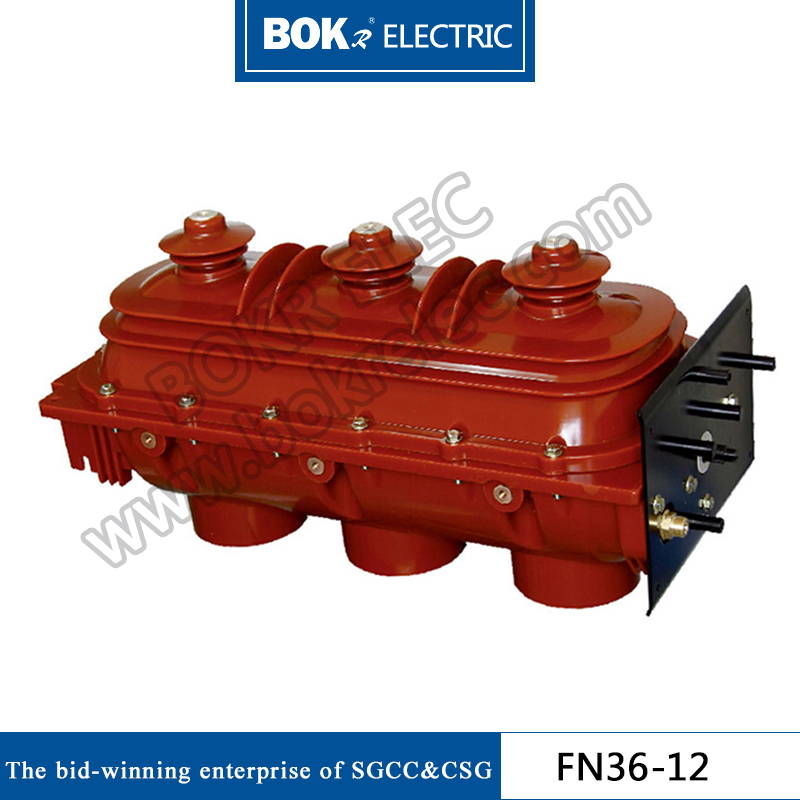
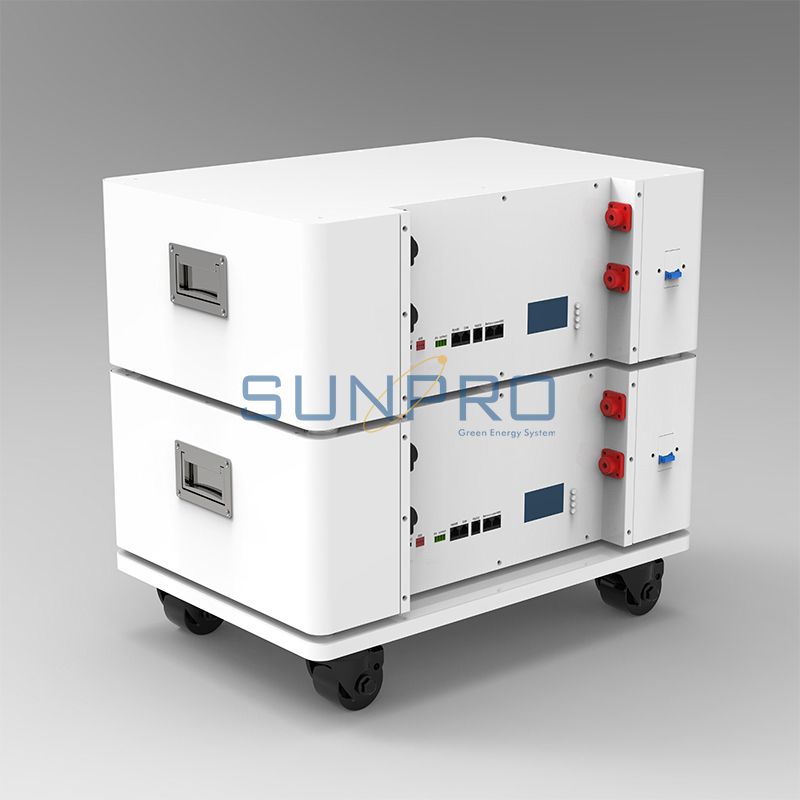

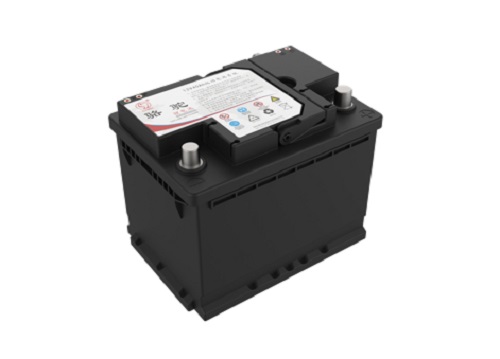
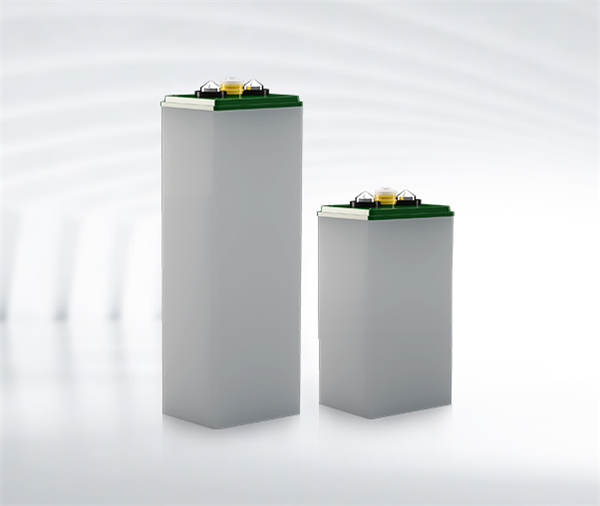
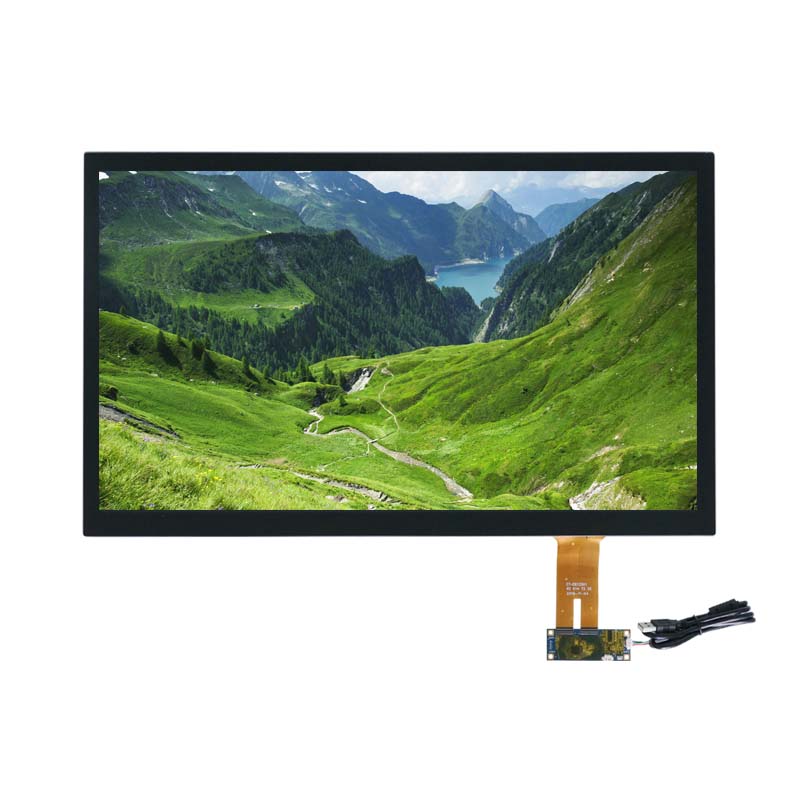
Comments
All Comments (0)